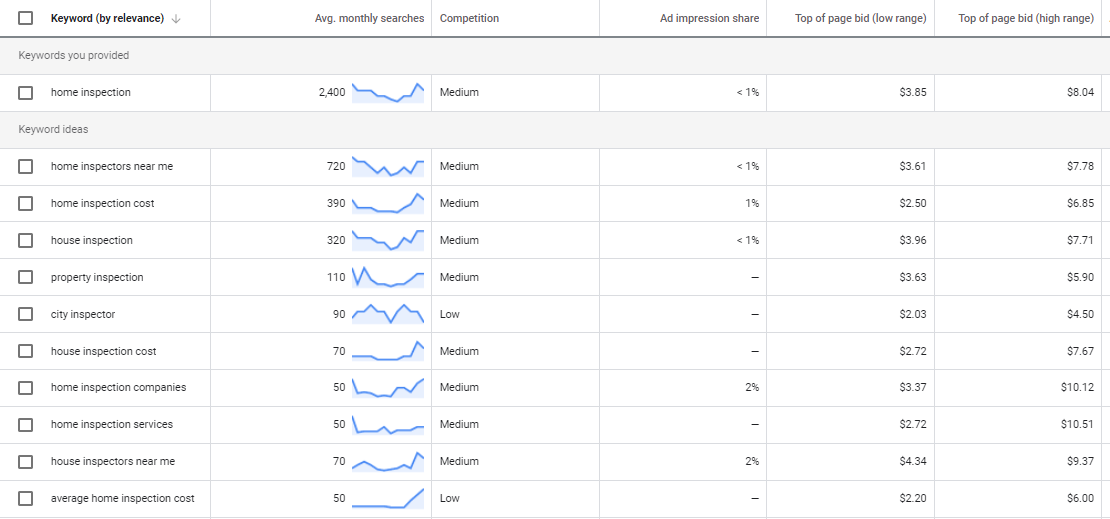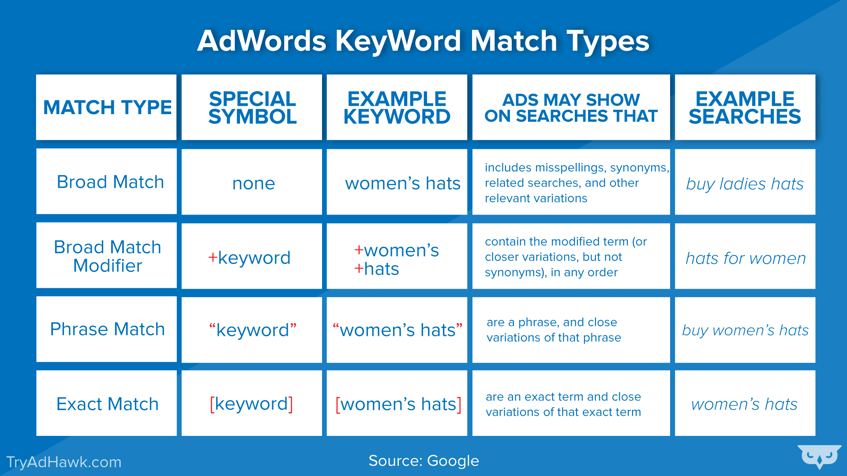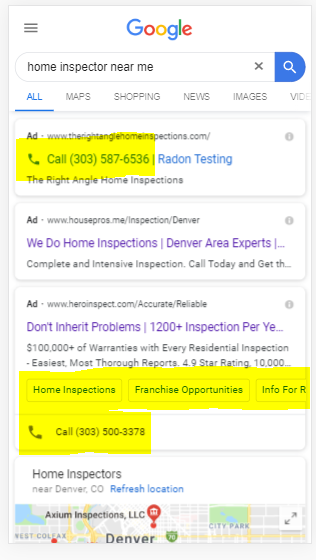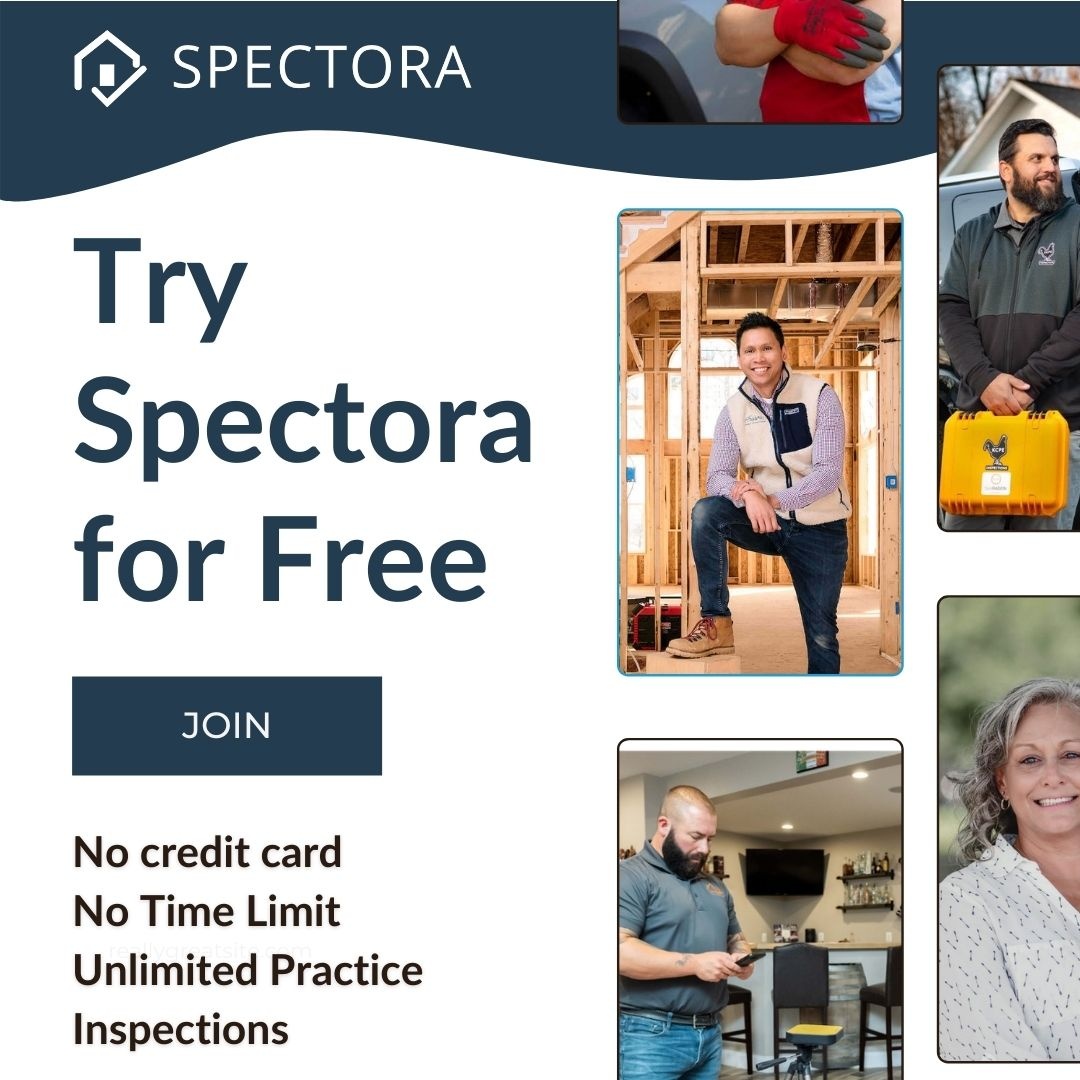10 Reasons Why Your Google Ad Campaign Isn't Converting

Contents
Note: If you're using Google Ads in easy-mode (I think they call it "express" or "smart mode") switch your account to the expert/advanced mode. In easy mode you can't modify your campaign very much at all and usually end up wasting money.
Are you spending money on ads and not seeing any return on your investment? There might be a problem with the way your campaign is set up. With all the powerful features that the Google Ads platform is capable of, it's easy to miss a setting that could make or break your campaign.
I've been working in digital marketing since 2011 and have managed countless campaigns, watched hundreds of Youtube tutorial videos, made my fair share of mistakes, and learned a lot in the process. This past year I set up a campaign for an inspector in South Carolina that turned out to be so successful that we had to turn the ads off until he could hire another inspector because he couldn't handle all the business coming in!
At Spectora, your success is our success. We love sharing our knowledge to help you grow your business.
Here are our Top 10 Tips to Improve Your Google Ads Performance.
1. Remove Extra Networks
Remove search partners & display network. By default Google sets your ads to show up on third party sites and show as display ads in addition to search ads (on sites where ads are just displayed rather than searched for). This drives down your click thru rate (impressions divided by clicks), which is not good because a lower click thru rate tells Google that your ad isn't relevant and that increases your cost per click.
2. Expand Your Target Location
Expand your target location radius. Instead of excluding locations, add them as negative keywords instead. For example, say you're a home inspector in City A, and you don't want to attract business in City B, so you thought it was a good idea to exclude City B as a location in your campaign. Makes sense because you don't want to show up when someone is searching for a home inspector in City B - BUT maybe someone who lives in City B is buying a house in City A, but when they search for a City A home inspector - your ad won't show up because you excluded their location. Instead, add "City B" as a negative keyword, that way it will only affect people searching for home inspectors in City A.
It's worth noting that adding excluded locations is optional. When you add targeted locations, you are only targeting people in those areas or people in other areas who are actively searching in your targeted location.
3. Increase Your Budget
I know this isn't anyone's favorite thing to hear but right now you're not getting any results if your budget is lower than $3/day. This is because the average bid ranges for home inspection related keywords are higher than your daily budget. Here's a screenshot from Google Keyword Planner.

The following sites are known to run ads for home inspection keywords on a national level and usually consume the top of page one:
- icaschool.com (training)
- homeadvisor.com (national)
- info.ahit.com (training)
- pillartopost.com (national)
- homeinspectioninstitute.com (training)
These companies are usually bidding $8+/click.
Right now if you're budget is lower than $5 and you're getting a couple clicks a day, you can assume they're for irrelevant keywords (more info below). So I would definitely recommend making a change here - either increase your budget or turn off the campaign. I've seen the best results with budgets around $30/day.
With Google's machine learning your campaign improves over time, cost per clicks decreases and conversion rates increase. This happens more quickly with higher daily budgets. This is because if the daily budget runs out, the campaign shuts off and machine learning stops. So the goal is to keep your campaign on all the time.
Basically a good strategy is to start with a moderate-high budget ($20-30/day) then give it a few weeks to see what kind of traffic you're getting and make some improvements in your campaign.
Then increase your budget a little higher for a month or so, this is when your campaign should start to really take off. After that, you can decrease your budget if you need and it should continue to perform well.
4. Add Advanced Bid Adjustment
5. Optimize Your Keywords
Due to low budget, you're only getting impressions/clicks for low competition keywords that are too broad or irrelevant (ex. if you have "san francisco" as a keyword, your ad could show up for "san francisco shoe stores" or other irrelevant searches.)

If all of your keywords are broad match keywords, meaning that it will show for synonyms (ex. If your broad match keyword is home inspectors, your ad might show up for home appraisers because Google thinks it's close enough)
Add modified broad match, phrase match, and exact match keywords to your campaign by using "+", quotation marks, and brackets like illustrated in the image above.
6. Add Some Negative Keywords
I'd also recommend adding negative keywords. A good place to start is looking at what your current ads are showing up for and add the ones you don't want to show up for as negative keywords. You can see what search terms your ads have shown for under Keywords - Search Terms.
7. Optimize Your Ads
- Add responsive search ads. Responsive search ads allow you to enter multiple headlines and descriptions which Google's AI rotates to find the optimal combination to get the best performance thru trial and error
- Use dynamic keyword insertion. Dynamic keyword insertion is a placeholder in your ad that inserts the keyword that is the closest match to the search query. People are more likely to click on an ad that has what they're searching for in the headline.
- Consider removing your poor performing ads.
8. Add Some Ad Extensions

- Add a location extension
- Add sitelink extensions
- Add structured snippet extensions
- Add call-out extensions
9. Set Up A Landing Page
10. Track Your Campaign
Link your Google Analytics account to your Google Ads account. If your Google Ads account isn't linked to your Analytics account then you can't see what happens after someone clicks on your ads - bounce rate, etc. This is good information to have if you want to optimize your campaign.
With Google Analytics linked, you can import your conversions into your Ads, and track your traffic from Ads in Analytics. Conversion tracking is important to know how your ads are really performing. It also helps to know if certain ads are converting higher than others. This isn't always reflected in the number of clicks.
Want us to set up or manage your Google Ads for you?
We love helping our home inspectors grow their business and become more successful! We know it can be tough to get consistent business and we're here to help.
